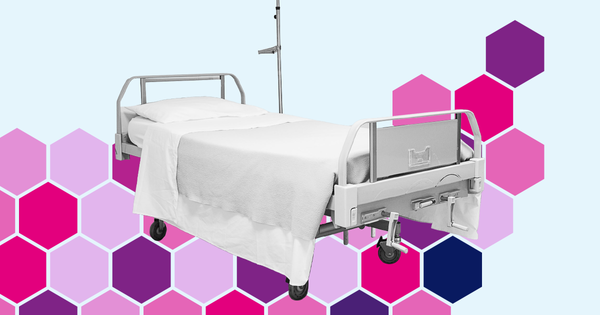
IMAGINE FOR a moment that your unborn child has a rare genetic disorder. Not something at least vaguely familiar, such as sickle-cell anaemia or cystic fibrosis, but rather a condition buried deep within the medical dictionary. Adrenoleukodys trophy, maybe. Or Ehlers-Danlos syndrome.
Would you, when your child is born, want to know about it? If effective treatments were available, you probably would. But if not? If the outcome were fatal, would your interest in knowing about it depend on whether your newborn had five years of life to look forward to, or ten? Or 30?
Today these questions are mostly hypothetical. Precisely because they are rare, such disorders are seldom noticed at birth. They manifest themselves only gradually, and often with unpredictable severity. But that may soon change. Twenty years after the first human genome was mapped, the price of whole-genome sequencing has fallen to a point where it could, in rich countries at least, be offered routinely to newborns. Parents will then have to decide exactly how much they want to know.
Early diagnosis brings with it the possibility of early treatment. Moreover, sequencing the genomes of newborns could offer a lifetime of returns. A patient’s genome may reveal which drugs will work best in his or her particular case for conditions such as ADHD, depression and cancer. Combined with information about someone’s way of life, it could highlight easily discounted health risks such as cancers and cardiovascular disease, leading to better preventive measures. A database of genomes, matched to living people, would be a boon for medical research. The fruits of that research, in turn, would make those genomes more useful to their owners as time goes on.
Sequencing children’s genomes at birth would also create opportunities to develop treatments for rare conditions that are typically discovered too late and in small numbers. There are reckoned to be about 7,000 rare diseases in the world, affecting 400m people, and most are genetic. At the moment they are so unusual as to be unattractive targets for big pharmaceutical firms. With more and earlier diagnoses, that might change.
Such a powerful new technology creates new dangers. Widespread screening for thousands of potentially harmful genes may be counterproductive: some results may worry parents unnecessarily, because some genetic variations, though occasionally indicative of disease, are not strongly so. Parents may not want to unlock all the secrets that their newborn’s genome might reveal. Some may indeed prefer not to know about conditions that cannot be treated. Adult-onset illnesses pose a different dilemma—a reasonable position is that it should be up to the children themselves, once grown, to decide whether they want to look at their genomic information. A further concern is that data will not be kept secure, and may be leaked or otherwise misused at some point in the future.
In Britain, where a large project to sequence the genomes of newborn babies is planned to start next year, a consultation process is already grappling with these questions. Some of the broad principles emerging may be applied to similar projects in a number of other European countries, and in America, Australia, China and Qatar. One lesson is to start conservatively. The British project is likely to begin with a small number of extremely reliable tests that will improve the way children are treated. This ensures the testing is for the benefit of the child. Tests that are not firmly diagnostic, or which involve much follow-up work, are not a priority. Control of the data should be passed on to children at adulthood. Finding the time to educate parents, so they can make good decisions, is essential.
It remains to be seen whether the economics of this sort of testing make it feasible on a national scale. These days the cost has less to do with the technical expense of sequencing than with the salaries of those providing the services. But countries that can make this work will be able to start to harness the full potential of the genomic revolution. It began 20 years ago. Soon, it will become part of everyday health care. ■







